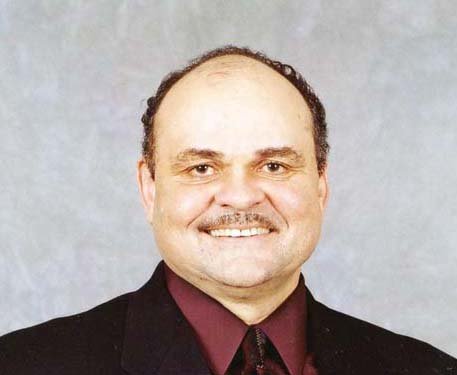Stand up to corporate polluters
4/23/2015, 10:47 a.m.
Dr. John W. Kinney
As Earth Day is upon us, we have a perfect opportunity to reflect on the important issue of climate change and what it means to the faith community. As people of faith and as people sharing this planet, it is clearly our moral obligation to address this growing and potentially catastrophic problem. Climate change affects all of us, including our children, our children’s children, and especially those in the poorest and most vulnerable communities among us. If we are truly our brothers’ and sisters’ keepers, we cannot ignore and leave them helpless to this public health threat.
In creating humans in the divine image, God calls us to life-giving responsibility. We are made in God’s image and commanded to be fruitful and multiply. To be fruitful is to be like God and to give of self to bring forth life in all creation, in all of its expressions.
In this manner, humans become partners in creation. We are pro-creative. With the blessing of life comes the responsibility of guarding and cultivating the garden called earth. To guard the garden is to value, protect and care for the life given; to cultivate the garden is to work, invest and give oneself in such a way that life continues to come forth. The destruction of the earth begins when we start cultivating earth and only use the earth for possessions, privilege, power and position.
Evidence shows that people with lower incomes face higher risks from air pollution. More than 20 million people with incomes that meet the federal poverty definition live in counties that received a failing grade for at least one pollutant. And more than 4 million people living in poverty are in counties that fail all three tests.
This is a testament to the environmental injustice of basic market forces. Lower income families are often forced by land costs and housing market dynamics to live the closest to the biggest sources of carbon pollution that fuel climate change, including power plants and busy roadways. Additionally, companies frequently choose to build their factories in areas where property values are lower, which are in lower income communities more often than not.
The NAACP found that almost 40 percent of the 6 million Americans living in close proximity to a coal plant are people of color. Increased exposure to carbon pollution from these plants is particularly hazardous to children of color, who already have increased rates of asthma on average and are therefore more susceptible to air pollution.
The easy part is acknowledging these unfortunate truths. It is not enough, however, to simply recognize that climate change disproportionately affects lower income families and communities of color. We need to work together to address the problem head on. Thankfully, we have a president who has prioritized taking action to combat climate change and the dangerous carbon pollution that contributes significantly to it.
The Obama Administration’s Clean Power Plan proposal sets the first ever federal limits on currently unrestricted carbon pollution from existing power plants. It will cut carbon pollution 30 percent below 2005 levels by 2030. The Environmental Protection Agency projects that the plan could help prevent up to 150,000 asthma attacks in children and 6,600 premature deaths.
Our country needs the public health protections set forth in the Clean Power Plan, and it is my hope that we will have them and more.
Unfortunately, not everyone feels the same moral imperative to act on climate change and harmful carbon pollution. Corporate polluters are often more concerned with their company profits than with protecting public health. And they help fund allies in our Congress to carry out their dirty work by blocking these public health and environmental safeguards.
We have the voices and the power to stand up to the polluters and their congressional allies and we need to use them. We must call on them to stop their dirty work and start acting on climate change and the carbon pollution that worsens it.
Together, we can affect change and help protect everyone who lives and breathes our planet’s air.
Dr. John W. Kinney is dean and professor of theology of the Virginia Union University Samuel DeWitt Proctor School of Theology. He also pastors Ebenezer Baptist Church in Beaverdam.







